입력2008.07.16 16:00
수정2008.07.16 16:00
국제신용평가사인 피치(Fitch)는 우니나라의 현행 국가신용등급 A+(등급전망 : 안정적)을 유지키로 결정했습니다.
피치는 잠재적인 안보위험과 통일비용을 감안하더라도 재정부문과 대외부문이 건전하기 때문에 현 등급을 유지한다고 설명했습니다.
또 현재 미국 쇠고기 수입과 관련한 정치적인 어려움이 신정부의 개혁 정책을 다소 둔화시킬 수도 있지만 국가신용등급에는 영향이 적다(minimal rating implications)고 평가했습니다.
재정부문에 대해서는 9년 연속 통합 재정수지 흑자가 지속될 것으로 전망하면서 건전 재정기조가 유지되고 있다고 분석했습니다.
외채와 관련,대외부문 건전성 기조가 단기외채 증가로 인한 위험을 상쇄시켜 나갈 것으로 낙관했습니다.
지정학적 리스크 항목에서는 북한의 핵 프로그램 신고가 비핵화를 향해 한 걸음 나가는 것으로 평가하면서도 향후 6자 회담의 추이를 더 지켜보아야 할 것으로 언급했습니다.
또 고유가, 세계 경기 둔화, 소비자 및 기업 심리 위축 등으로 금년도 성장률은 4%대에 머물 것으로 예상했습니다.
기획재정부 대변인
Fitch 보도자료 원문
Fitch Affirms Korea’s Sovereign Rating at ‘A+’ Outlook Stable
Fitch Ratings-Hong Kong/Singapore-16 July 2008: Fitch Ratings has today affirmed the Republic of Korea’s (Korea) Long-term foreign currency Issuer Default Rating (IDR) at ‘A+’ and its Long-term local currency IDR at ‘AA’. At the same time, the agency has affirmed Korea’s Short-term IDR at ‘F1’ and the Country Ceiling at ‘AA’. The Outlook on the ratings remains Stable.
"Korea’s sovereign ratings continue to balance its credit strengths in terms of fiscal prudence, and the country’s external sector against potential security risks and reunification costs associated with North Korea,"said Ai Ling Ngiam, Director, Asia Sovereigns.
Fitch forecasts a consolidated central government surplus of 1.2% of GDP in 2008, which would be Korea’s ninth successive fiscal surplus, and better than the ‘A’ median deficit of 0.5% of GDP. Korean government debt, however, has been higher than its ‘A’median peer group since 2005 due to the earlier placements of treasury bonds to finance foreign exchange interventions. Nonetheless, the agency recognises that debt attributable to these activities is offset by official reserve assets, which backed up 57.5% of gross general government (GG) debt in 2007. In addition, there are now more concerted efforts by the administration to reduce GG debt to below 33% of GDP by 2012 from the forecasted 36% in 2008. Debt reduction is to be facilitated by ongoing fiscal surpluses, less currency intervention, increased privatisation receipts and the ongoing recovery of public funds injected into banks after the Asian financial crisis.
Korea’s external financial position remains fundamentally sound, and Fitch believes this largely mitigates risks related to a transitory rise in short-term external debt (STXD). The agency notes that the rise in STXD has been mainly attributable to hedging-related and interest arbitrage transactions, which are fundamentally different from the crisis period more than a decade ago when STXD funded a current account deficit. STXD is concentrated in foreign bank branches in Seoul, wherein rollover risk is likely to be limited, compared with domestic banks during the crisis period. Furthermore, STXD stood at 66% of foreign exchange reserves at March 2008, lower than the 250% of foreign exchange reserves recorded at end-June 1997, immediately prior to the Asian crisis. Fitch also forecasts Korea’s liquidity ratio - which measures its foreign reserves plus banks’ foreign assets relative to maturing debt - to register 161%, higher than the ‘A’ median of 129% in 2008. The agency forecasts Korea’s gross external financing requirements, including STXD, will clock 72% of its foreign exchange reserves, better than the ‘A’ median of 113% in 2008, and its gross external debt will rise to 73% of current external receipts in 2008, lower than the ‘A’ median of 90%.
While Korea’s domestic political situation was in flux following controversy over the lifting of the ban on US beef imports, Fitch noted these developments have minimal rating implications, although implementation of the new administration’s structural economic reform programme may be slowed. The agency indicated that North Korea’s declaration of its nuclear programmes on 26 June 2008 was helpful in advancing the disarmament process, but that further delays and periodic interruptions to the six-party talks should be expected.
South Korea’s highly diversified industrial and export base has proven to be resilient over time, albeit cyclical head winds in the form of high oil prices, weakness in global demand and moderating consumer and business sentiment weigh down on immediate growth prospects to around 4% GDP growth in 2008. In the mean time, inflationary pressures have stayed on the upside in Korea during the first six months of the year, the headline CPI inflation rate was 4.3% yoy, above the BOK’s 3.0% ±0.5% target range over 2007-2009.
Fitch's rating definitions and the terms of use of such ratings are available on the agency's public site, www.fitchratings.com. Published ratings, criteria and methodologies are available from this site, at all times. Fitch's code of conduct, confidentiality, conflicts of interest, affiliate firewall, compliance and other relevant policies and procedures are also available from the 'Code of Conduct' section of this site
우리나라의 국가신용등급 변동 추이
S&P(21등급)Moody's(21등급)Fitch (24등급)투
자
적
격AAAAaaAAAAA+
AA
AA-[외환위기前]Aa1
Aa2
Aa3AA+
AA
AA- [외환위기前]A+
A (현재, 05.7.27)
A- (02.7.24)A1 [외환위기前]
A2 (현재, 07.7.25)
A3A+ (현재, 05.10.24)
A (02.6.27)
A- BBB+ (01.11.13)
BBB (99.11.11)
BBB- (99.1.25)Baa1
Baa2 (99.12.16)
Baa3 (99.2.12)BBB+ (00.3.30)
BBB (99.6.24)
BBB- (99.1.19)투
자
부
적
격BB+ (98.2.18)
BB
BB-Ba1 (97.12.31)
Ba2
Ba3BB+ (98.2.2)
BB
BB-B+ (97.12.23)
B
B-B1
B2
B3B+
B
B- (97.12.23)CCC+
CCC
CCC-Caa1
Caa2
Caa3CCC+
CCC
CCC-CCCaCCD(SD)CCDDD
DD
D
* 음영표시는 투자부적격 등급 표시
* 3대 신용평가사의 한국 국가신용등급 전망은 모두 Stable 수준
한익재기자 ijhan@wowtv.co.kr
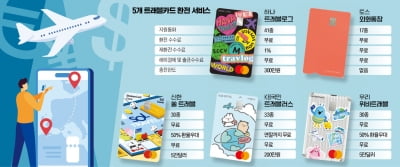
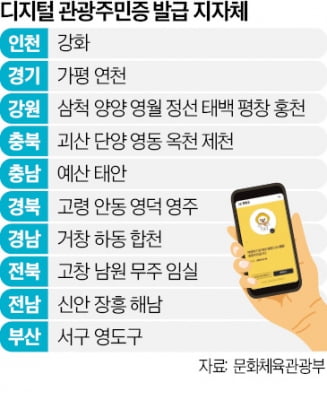
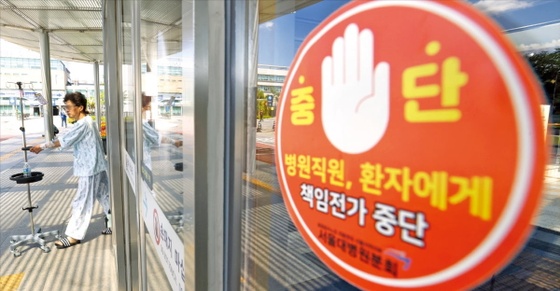

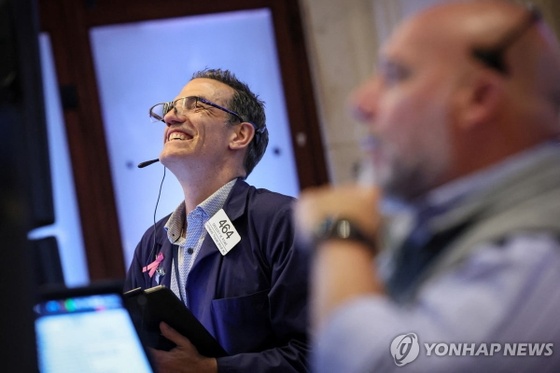

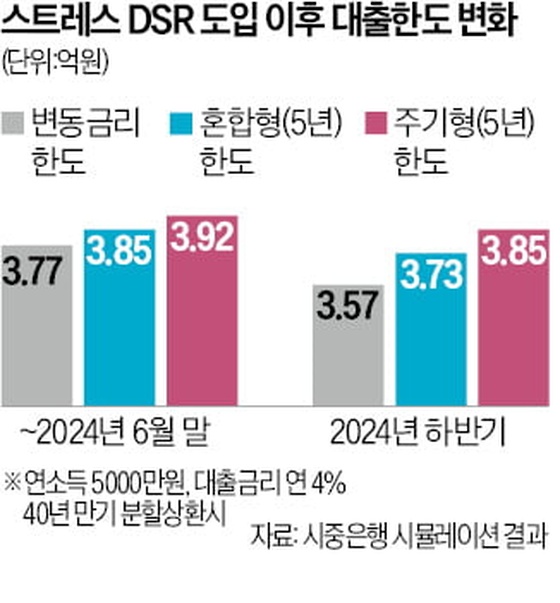
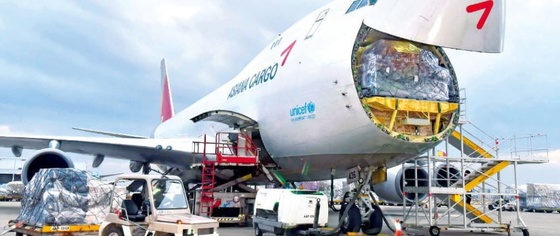



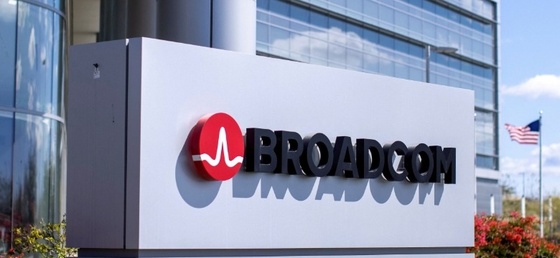
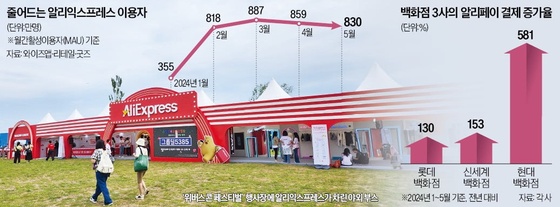
![[오늘의 arte] 독자 리뷰 : 베네치아 비엔날레 섹션 인상 깊어](https://timg.hankyung.com/t/560x0/photo/202406/AA.37051711.3.jpg)